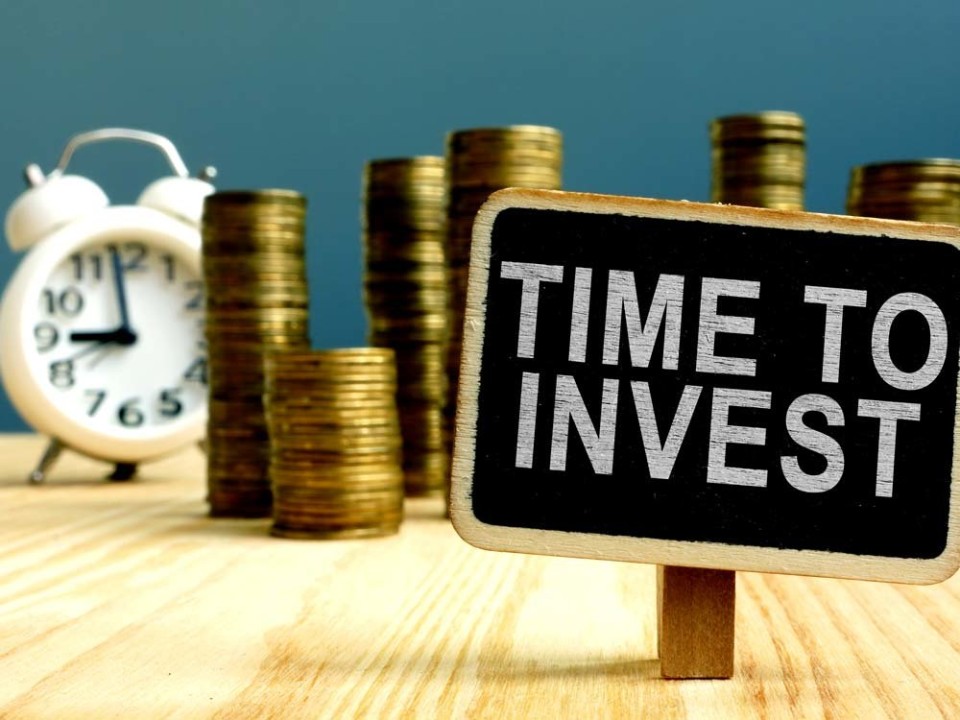Table of Contents
ToggleThe two most frequently asked questions by investors are:
- What investment should I buy?
- Is now the right time to buy it?
Most people want to know how to spot the right investment at the right time, because they believe that is the key to successful investing. Let me tell you that is far from the truth: even if you could get the answers to those questions right, you would only have a 50% chance to make your investment successful. Let me explain.
There are two key influencers that can lead to the success or failure of any investment:
- External factors: these are the markets and investment performance in general. For example:
- The likely performance of that particular investment over time;
- Whether that market will go up or down, and when it will change from one direction to another.
- Internal factors: these are the investor’s own preference, experience and capacity. For example:
- Which investment you have more affinity with and have a track record of making good money in;
- What capacity you have to hold on to an investment during bad times;
- What tax advantages do you have which can help manage cash flow;
- What level of risk you can tolerate without tending to make panic decisions.
When we are looking at any particular investment, we can’t simply look at the charts or research reports to decide what to invest and when to invest, we need to look at ourselves and find out what works for us as an individual.
Let’s look at a few examples to demonstrate my viewpoint here. These can show you why investment theories often don’t work in real life because they are an analysis of the external factors, and investors can usually make or break these theories themselves due to their individual differences (i.e. internal factors).
Example 1: Pick the best investment at the time.
Most investment advisors I have seen make an assumption that if the investment performs well, then any investor can definitely make good money out of it. In other words, the external factors alone determine the return.
I beg to differ. Consider these for example:
- Have you ever heard of an instance where two property investors bought identical properties side by side in the same street at the same time? One makes good money in rent with a good tenant and sells it at a good profit later; the other has much lower rent with a bad tenant and sells it at a loss later. They can be both using the same property management agent, the same selling agent, the same bank for finance, and getting the same advice from the same investment advisor.
- You may have also seen share investors who bought the same shares at the same time, one is forced to sell theirs at a loss due to personal circumstances and the other sells them for a profit at a better time.
Start Investing In Real Estate: https://qita.pk/
Example 2: Picking the bottom of the market to invest.
When the news in any market is not positive, many investors automatically go into a “waiting mode”. What are they waiting for? The market to bottom out! This is because they believe investing is about buying low and selling high – pretty simple right? But why do most people fail to do even that?
Here are a few reasons:
- When investors have the money to invest safely in a market, that market may not be at its bottom yet, so they choose to wait. By the time the market hits the bottom; their money has already been taken up by other things, as money rarely sits still. If it is not going to some sort of investment, it will tend to go to expenses or other silly things such as get-rich-quick scheme, repairs and other “life dramas”.
- Investors who are used to waiting for when the market is not very positive before they act are usually driven either by a fear of losing money or the greed of gaining more. Let’s look at the impact of each of them:
- If their behaviour was due to the fear of losing money, they are less likely to get into the market when it hits rock bottom as you can imagine how bad the news would be then. If they couldn’t act when the news was less negative, how do you expect them to have the courage to act when it is really negative? So usually they miss out on the bottom anyway.
- If their behaviour was driven by the greed of hoping to make more money on the way up when it reaches the bottom, they are more likely to find other “get-rich-quick schemes” to put their money in before the market hits the bottom, by the time the market hits the bottom, their money won’t be around to invest. Hence you would notice that the get-rich-quick schemes are usually heavily promoted during a time of negative market sentiment as they can easily capture money from this type of investor.








